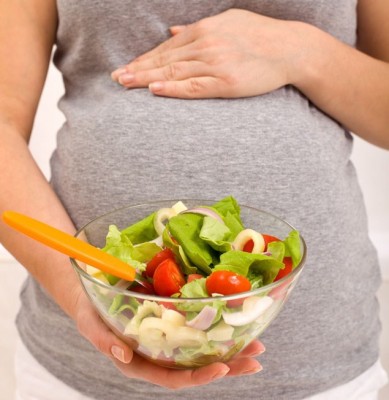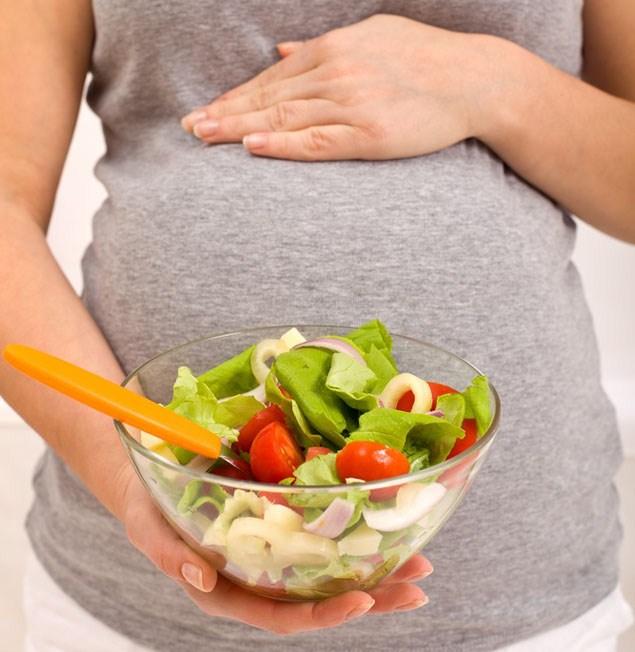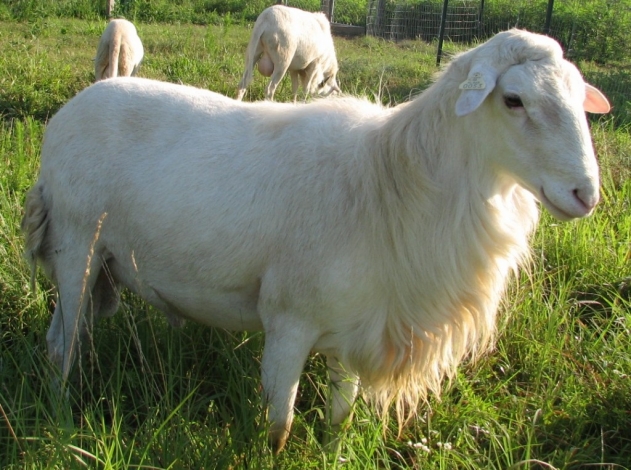
One of the best ways to prepare for pregnancy is to get in shape and eat healthy before you conceive. Beyond the obvious benefits of being at a healthy weight, looking good, and having ample energy, there are several other reasons for eating well before you get pregnant.
If you have used chemical contraceptives such as birth control pills or a patch to prevent pregnancy, you may be deficient in several nutrients. Deficiencies may prevent conception or result in health concerns for you and your baby. Deficiencies of B-complex vitamins are the most prevalent and most likely to cause concern.
Take A Prenatal Vitamin Before You Get Pregnant
In addition to eating healthy prior to getting pregnant, I recommend that you take a high potency vitamin and mineral supplement before conceiving as well. A prenatal vitamin is a great choice as it corrects deficiencies before conception. You can rest-assured that your baby is being supplied with adequate nutrients during the critical first days of pregnancy before you are even sure that you are pregnant. Continue taking your prenatal supplement throughout your pregnancy.
A regular prenatal vitamin is sufficient for vegetarians. However, vegans may need supplementation with additional vitamin B12 and an essential fatty acid supplement, such as flax or hemp seed oil. Check with your health care provider for specific advice.
Here are six all-natural tips for a healthy pregnancy:
1. Get Your B Vitamins from Whole Grains
Whole grains are among the best source of B vitamins. They contain the vitally important nutrient folic acid, which is needed to prevent neural tube defects, such as spinal bifida. Be sure to eat plenty of whole grains prior to conceiving, as neural tube defects occur in the early days of pregnancy.
The hidden secrets of making herbal medicines…right at your fingertips!
Fortified whole grains are great sources of iron. Iron is especially important during the second and third trimesters as your circulation expands in preparation for labor and delivery.
Whole grains are rich in fiber. Fiber fills you up, so that you don’t overeat. Foods rich in fiber prevent and relieve constipation, which is common late in pregnancy. Fiber also helps your body to get rid of excess LDL, unhealthy, cholesterol.
While you may think of cholesterol as affecting blood vessels, it is the primary component of gallstones. Pregnancy increases your risk of developing gallstones. By having lower levels of cholesterol, you are less likely to develop them.
In addition to whole grain breads and cereals, try some other grains, such as millet, brown rice, amaranth, farro, kasha and more. These grains are inexpensive sources of protein and generally well-tolerated if nausea is present. Eat five or six ounces of whole grains daily.
2. Greek Yogurt Relieves Discomfort
In addition to being packed with calcium and protein, Greek yogurt may decrease nausea and prevent yeast infections which plague many pregnant women.
Greek yogurt contains a higher percentage of protein than regular yogurt. Many women find yogurt soothing if they can’t keep other foods down. It also relieves heartburn which is common in late pregnancy.
The active cultures support normal vaginal flora, which is often disturbed by the hormonal changes that occur during pregnancy.
Consume three cups of yogurt or other low fat dairy products daily.
3. Vitamin-Rich Berries: Low in Calories, Packed with Nutrients
Delicious berries are rich in plant pigments. Eat a wide variety of these colorful powerhouses. Blueberries and raspberries are among the best choices for pregnant women. Berries contain vitamin C, other antioxidants, fiber, bioflavonoids, and a compound called rutin. Rutin makes your veins strong, thereby preventing varicose veins which may develop late in pregnancy due to the weight of your baby.
Many women tend to get minor illnesses, such as colds, and urinary infections while pregnant. Vitamin C and bioflavonoids are antioxidants which improve the health of your immune system; so you may be less prone to these and other ills.
Eat liberal amounts of berries daily. Pick your own or purchase organic berries, as the ones in grocery stores are generally sprayed with a lot of pesticides and other chemicals.
4. Eat Plenty of Greens
Greens are full of vitamins and minerals. However they vary in degrees of nutrient bioavailability. Eat kale, dandelion greens, steamed nettles, turnip greens, and collards to reap the most nutrients from greens. Other greens, such as spinach and Swiss chard, contain plenty of iron and calcium. Enjoy cooked or raw greens as often as you desire.
5. Protein from Meat and Plants
It is essential that you consume adequate amounts of protein so that your baby can develop. If you eat meat, choose lean cuts. Avoid processed meats. Egg and dairy products contain protein. Dried peas and beans are outstanding fat-free sources as well. Soy and quinoa are complete proteins. Consume about five or six ounces of protein each day. If you eat animal protein, meat from wild animals is best. Meat from organically grown, grass-fed animals is superior to meat from commercially raised animals.
Check the sources of fish, as some contain unhealthy levels of heavy metals and other substances which are toxic to your baby. Your state fish and wildlife department can provide you with information about safe consumption of fish.
6. Eat Nuts and Seeds
Essential fatty acids play major roles in your health and the health of your baby. Eat a quarter cup of nuts or seeds daily. Flax seeds and walnuts are especially great during pregnancy. Eat more if you follow a vegan diet. Use flax seed or walnut oil on salads and extra virgin, cold-pressed olive oil for cooking.
Healthy Diet for a Healthy Pregnancy
Eat high quality, minimally processed, foods. What you do not eat is as important as what you do eat. Avoid “junk” foods.
It is best to eliminate caffeine, especially early in pregnancy as your baby’s body cannot detoxify it. The World Health Organization recommends that pregnant women consume a maximum amount of 300 milligrams of caffeine daily. The March of Dimes recommends even less — no more than 200 milligrams. An average-sized cup of coffee contains 140 milligrams and a cup of green or black tea contains 40 to 50 milligrams.
Eat a wide array of healthy foods. Grow your own or purchase foods from community supported agricultural farms if possible. The healthier that you eat, the better you will feel. Your delivery may be easier and you will be rewarded with a beautiful child.
What are your all-natural tips for a healthy pregnancy? Tell us in the comments section below.
Sign up for Off The Grid News’ weekly email and stay informed about the issues important to you











